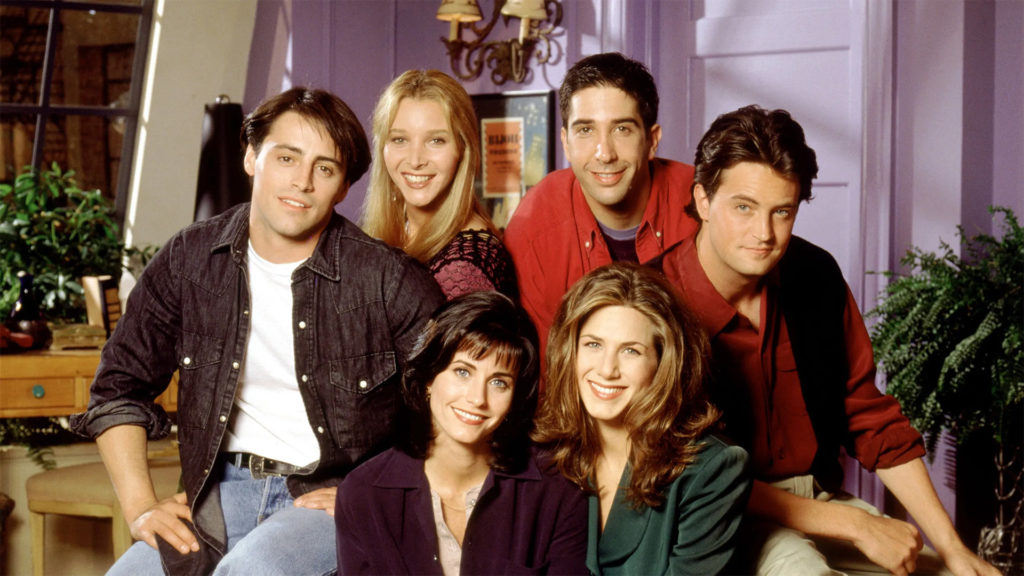If you’re a BTS fan, you must have had to deal with others who have opined, “BTS is trash.” If you’ve grown up with Friends being your favorite comedy show, you must have felt frustrated with all the “Friends isn’t funny” memes. If you enjoy watching Bollywood movies more than you do Hollywood classics, chances are that you’ve been made fun of, and termed as “uncool.”
We live in a society where we have to face constant judgment on every step that we take. We are judged based on our clothing choices, religious beliefs, financial condition, and whatnot. However, while we are somewhat clear on the fact that it’s not okay to judge others based on what they are wearing or what social class they belong to, the prevalence of judgment based on entertainment choices is something to think about — especially because the practice is accepted by most.
Entertainment Should be for Enjoyment, Not for Appearing Classy
Why do we watch movies? Why do we listen to songs? We all lead stressful lives, whether we are students or professionals. TV shows, movies, songs, and books are the ways we resort to to take our minds off the stress we’re having to endure.
The problem occurs when we try to share what we enjoy with other people. While there are amazing sides to the social aspect of entertainment, the toxic side of it can be the cause of tremendous mental harm.
Imagine the one thing you resort to when you’re down, exhausted, frustrated, or sad is the reason for you being made fun of.
Our entertainment choices do not make us smart or dumb, classy or uncool. They only make us different.
Are Entertainment Choices Not to be Discussed At All?
No, they should be. Being able to share what you enjoy with your friends is a beautiful way to bond with them. We also discover new favorites through the recommendation of other acquaintances. We can even get to engage in conversations with complete strangers — fans of our favorite shows, bands, or movies. Discussion of entertainment choices is a refreshing side of enjoying entertainment.
However, criticizing individuals over their entertainment choices is absolutely not okay. Invitation and imposition are different, and we should be able to detect the difference when we are discussing entertainment choices.
What we see nowadays is that the criticism of shows often turns into disputes in comment sections that frequently turn abusive. And ultimately the criticism turns into downright bullying when the critics start targeting the fans of that particular entertainment act.
Should We Stop Criticizing What We Don’t Enjoy Anymore?
Absolutely not. As audiences, we have the right to praise what we enjoy and criticize what we don’t. Criticism is essential in shaping the creations that we experience. Without criticism, the evolution of entertainment will never take place.
However, criticism of a particular show or movie should not transgress into attacks towards the people who do enjoy it.
That is where we should stop. Just because we don’t like something does not mean it is subpar. And even if it is to us, taking shots at the people who do enjoy it is hurtful, insensitive, and completely unnecessary (criticizing fans of inappropriate content is a separate discussion).
The Other Side of the Coin: Attacking People for Not Enjoying Something We Do
Let’s go back to the examples that we started with. If you’re not a BTS fan, that’s completely fine. If you don’t find Friends funny, that is okay too. However, if people are attacking you because you don’t enjoy BTS or Friends, it is never okay.
Judging people based on what they don’t like is quite similar to attacking people based on what they enjoy. And this is quite common: most fans are highly intolerant of different opinions and tastes. Numerous fans believe enjoying what they do makes them superior to others. This mentality is quite ridiculous.
Just because we like something doesn’t make us superior to those who don’t like it.
We have absolutely no credit for what we enjoy, and nor should we look for any sense of achievement in them. Entertainment choices cannot determine how successful or subpar we are. Thinking they can may as well be living in delusion.
Differences in Entertainment Choices Should be Celebrated
I personally am a big fan of The Beatles. If I meet someone who loves The Beatles, I’ll be happy, and we can talk about our favorite songs and our favorite Beatle.
However, when I find people who haven’t heard The Beatles, that excites me too. It is an opportunity for me to experience what they listen to, and it also allows me to introduce them to the band I love. Both of us get to experience new music, and maybe find some new favorites.
Differences in taste actually provide us with endless options to explore. It is only through recommendations that we find new shows to binge-watch, new movies to get lost in, new music to dance to. And that is why differences in entertainment choices should be celebrated. The differences can be explored, or ignored — that is an individual choice — but these leave us with worlds to delve into if we want to.
If all of us liked the same thing, no evolution would ever take place in entertainment.
